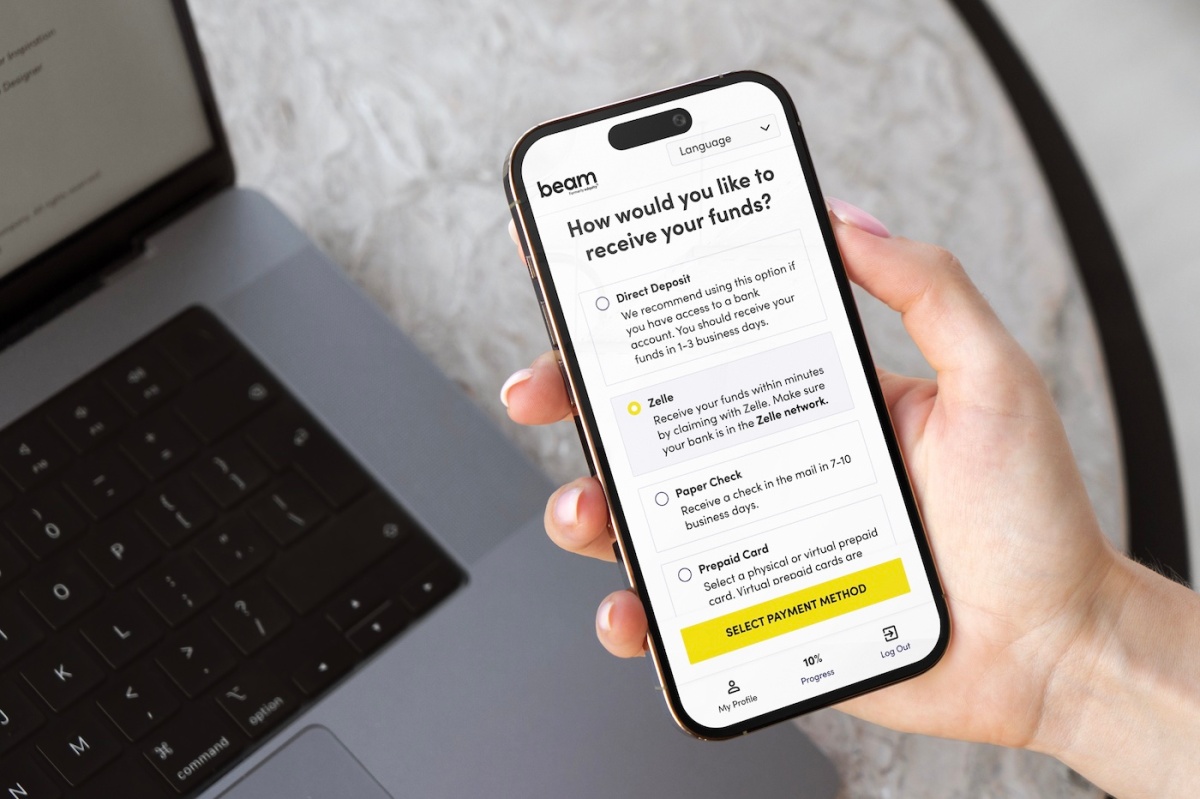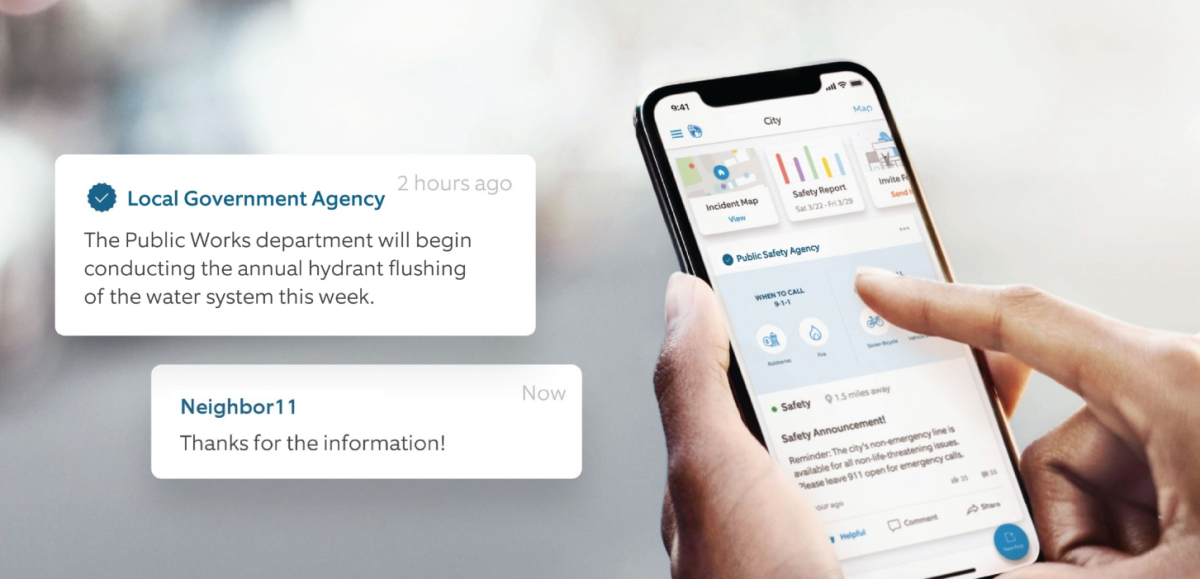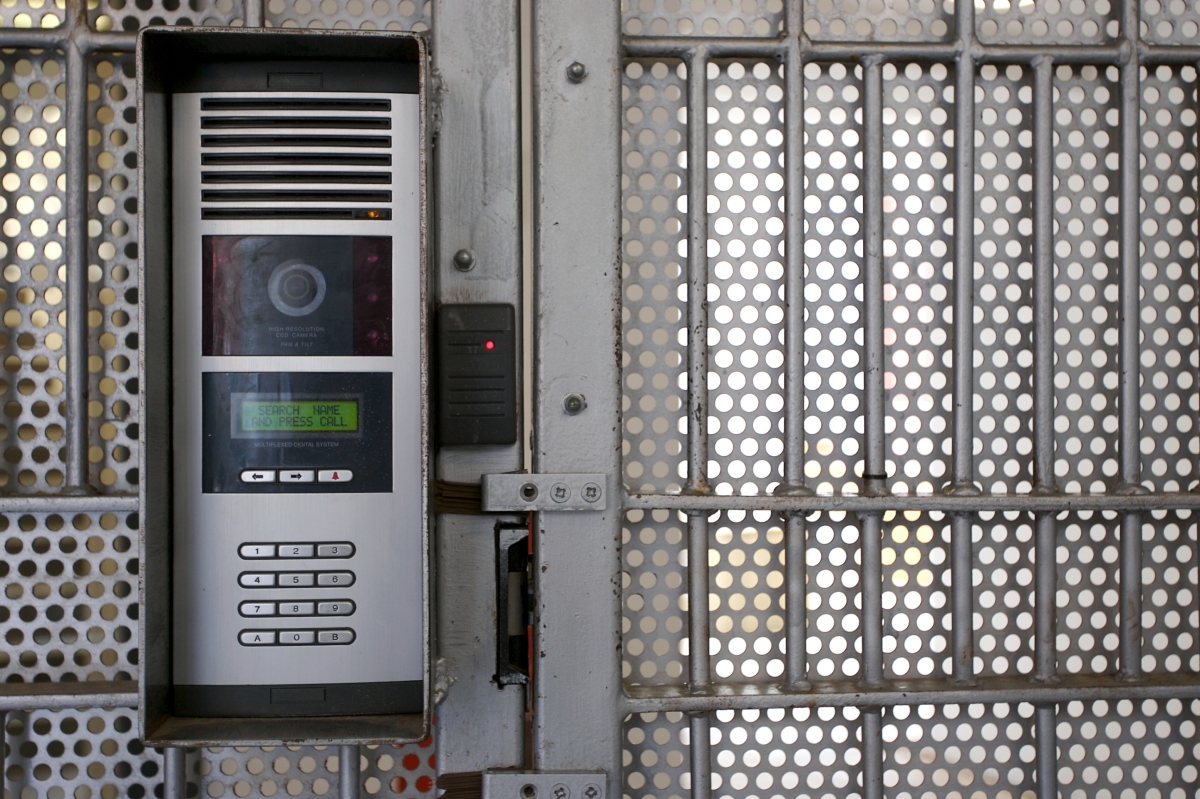Beam raises $6.4M to help citizens access safety net funds • ZebethMedia
Beam, a startup that helps citizens access government financial aid, has raised $6.4 million in Series A funding. The company, previously known as Edquity, helps deliver funds across a wide array of programs, like emergency cash assistance, rental relief and public utility benefits. “We fundamentally work to transmit critical services and resources to those in need,” said David Helene, CEO of Beam. The company’s Series A funding comes as the company said it saw a greater need to provide disadvantaged communities with financial support following the COVID-19 pandemic. Beam said the funds will be used to expand its headcount and further develop its platforms. The round was led by Potencia Ventures, with participation from Spring Point Partners, American Family Insurance Institute for Corporate and Social Impact, Imaginable Futures, Lumina Impact Ventures, Michelson Runway, and Schmidt Futures. Beam, when partnered with governments, operates as the end-to-end cash assistance administration system, which handles applications, ID verification, case decisions, and payments. “Our system has a single system of records,” said Helene. “Our intent is to create the least amount of friction and the most dignity for those that are interacting with applications in the system.” Beam said it allows applicants to receive funds by bank account, a prepaid card, or online services like Zelle to serve communities equitably. Beam says it has helped process over $180 million to about 300,000 households. The company currently has operations in 16 states with 57 governments.


